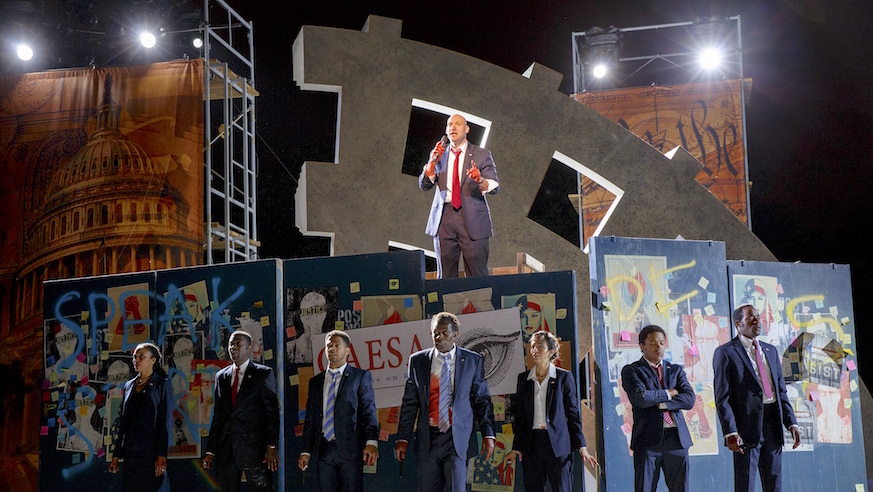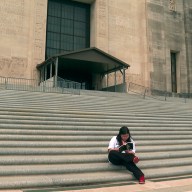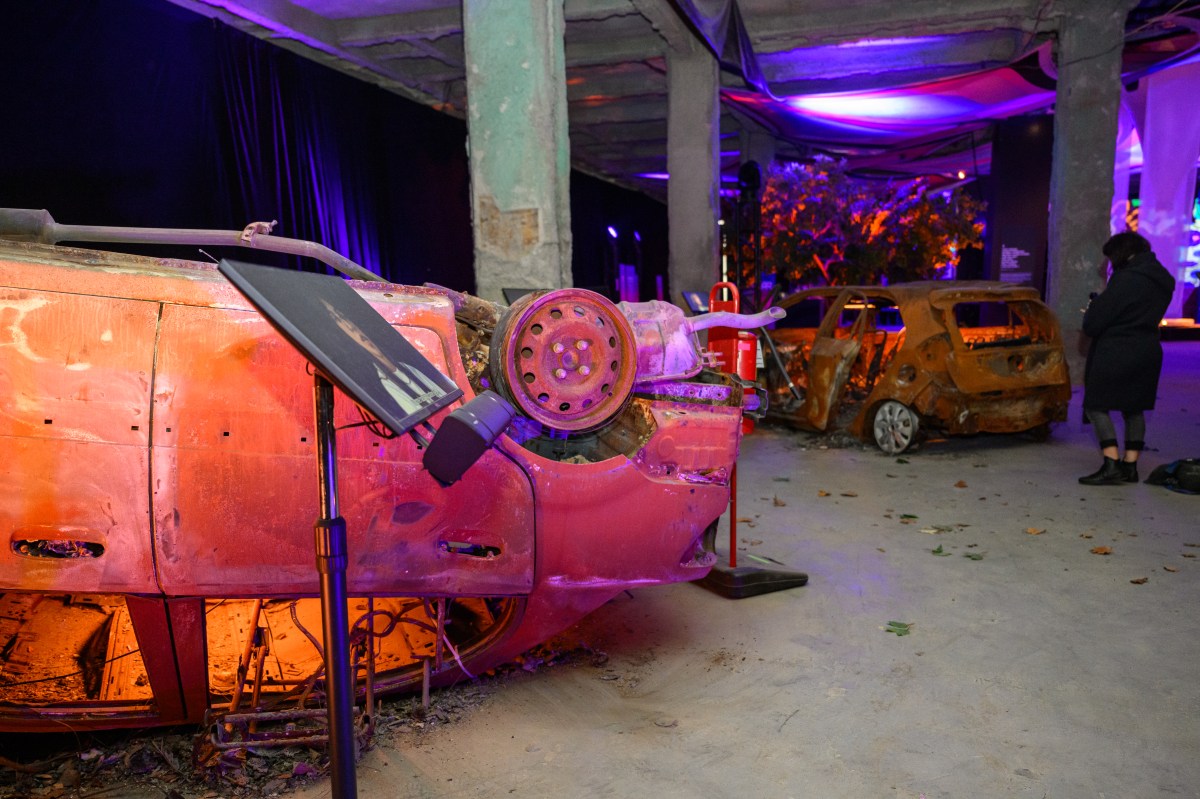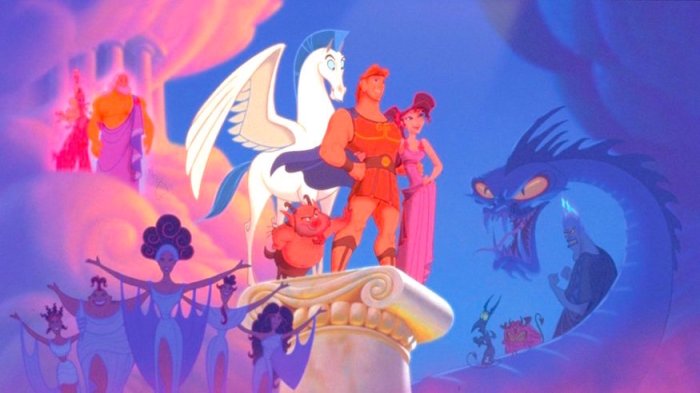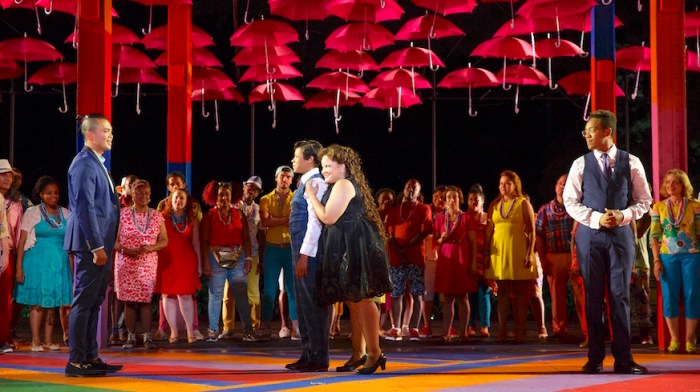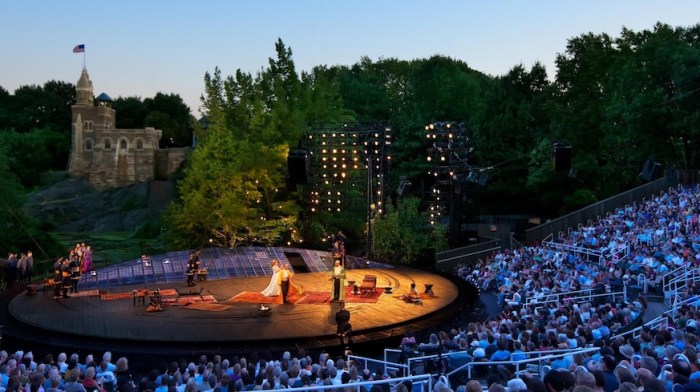At least one actor in the controversial Shakespeare in the Park production of “Julius Caesar” thought it was a bad idea to get President Trump involved.
Corey Stoll played the traitorous best friend Brutus in the play that closed June 18. And he says he didn’t know when he accepted the role that the production would be adapted to “star” the current administration, with Donald Trump as the Roman dictator, a Slavic-accented wife by his side.
“[M]y anxieties centered on my desire to hold my own in such a strong company,” he writes in a first-person essay called “What It Was Like to Star in the Trump-Themed Julius Caesar” published by Vulture. “After four weeks in the rehearsal room, we moved to the theater and I saw Caesar’s Trump-like costume and wig for the first time.”
Though he was “disappointed by the literal design choice,” Stoll “had little fear of offending people, but I worried that the nuanced character work we had done in the rehearsal room would get lost in what could seem like a ‘Saturday Night Live’ skit.”
And there was plenty of laughter from the audience, in “an explosive, hungry way that shocked us with its intensity.” Even when it came time for the mid-play climax of Caesar’s death, “isolated audience members would scoff or even applaud during the bloody, awkward, and ugly assassination scene.”
Stoll says the cast “refined our performances to neutralize the laughter” to give the act — which led to the deaths of Brutus and all the conspirators and the downfall of Rome itself, taking democracy with it for 2,000 years — more gravitas. “A nontrivial percentage of our liberal audience had fantasized about undemocratic regime change in Washington,” he writes. “Acted out to its logical conclusion, that fantasy was hideous, shameful, and self-defeating.”
The cast initially shrugged off the idea that the play would be protested. That turned out to be wishful thinking, and Stoll recalls several incidents including a screaming woman running onstage in a bloodied shirt after Caesar’s stabbing to a man in an American flag jacket who held a Trump 2020 flag at the end of the show. “At first I flinched, thinking the worst, but he just stood there smiling proudly. Relieved, I smiled back. What a country.”
The stress of waiting for interruptions was as bad as when they actually happened; by the final show on June 18, the cast was “exhausted and nervous.” When it was all over, Stoll broke down. “Backstage, I exhaled and sobbed.”
While Shakespeare in the Park will survive, even without the backing of sponsors who pulled out, Stoll worries about a chilling effect on small theaters to mount politically sensitive productions. Criticism has its place, he argues, but so does artists’ duty to champion the true meaning of their work, not the interpretation people who don’t like it want to give it.
“In this new world where art is willfully misinterpreted to score points and to distract, simply doing the work of an artist has become a political act,” he writes. “The very act of saying anything more nuanced than ‘us good, them bad’ is under attack, and I’m proud to stand with artists who do.”

